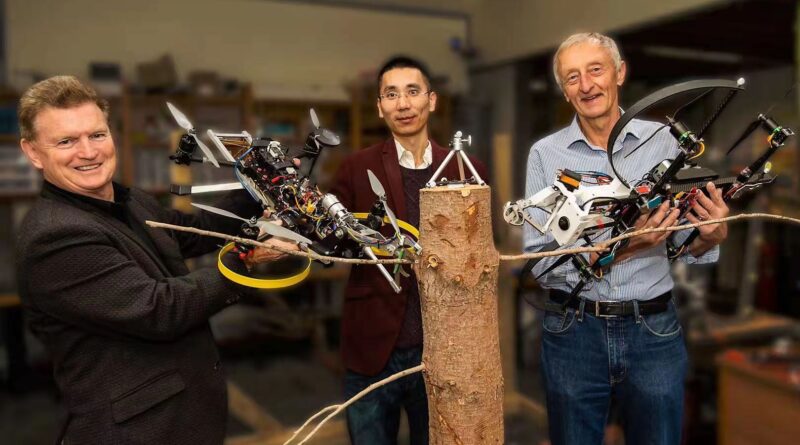New Zealand announced on August 31 the funding of a series of new scientific research projects to help tackle the big issues that Kiwis care about.
These big issues include boosting economic performance, climate change, transport infrastructure and wellbeing.
In total, 69 new scientific research projects were awarded more than 244 million New Zealand dollars (174 million U.S. dollars), through New Zealand’s largest contestable research fund, Research, Science and Innovation Minister Megan Woods said while announcing the recipients of this year’s Endeavour Fund.
This year the government has invested over 13 million New Zealand dollars to help New Zealand transition to a low-carbon future, Woods said.
Projects such as the University of Auckland’s “Wirelessly Powered Transport Infrastructure for a Low-carbon Future” will not only develop the necessary technology to wirelessly power vehicles, it will also create economic opportunities for New Zealand businesses to commercialize the technology, as the country recovers from COVID-19, the minister said.
One of the key projects that receive 10 million New Zealand dollars of funding is “enabling unmanned aerial vehicles (drones or UAVs) to use tools in complex dynamic environments,” which will be conducted by a University of Canterbury team within five years.

Computer science professor Richard Green who specializes in artificial intelligence, and mechanical engineering professor Zhao Dan, an expert in aerospace engineering, are collaborating on the project which could radically change the way drones are used in various industries.
The team will build a platform for UAVs to use precision tools in changing dynamic environments, such as outdoors, around hazardous infrastructure like power pylons, or in construction or forestry, without ladders or scaffolding, according to Prof. Green.
By Christine Li









